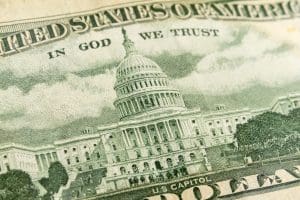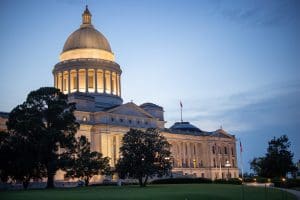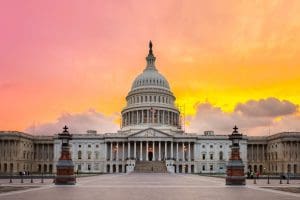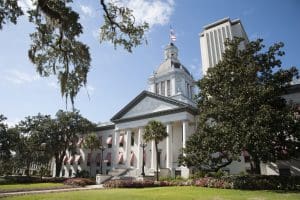The economic crisis caused by the coronavirus pandemic poses a triple challenge for tax policy in the United States. Lawmakers are tasked with crafting a policy response that will accelerate the economic recovery, reduce the mounting deficit, and protect the most vulnerable.
To assist lawmakers in navigating the challenge, and to help the American public understand the tax changes being proposed, the Tax Foundation’s Center for Federal Tax Policy modeled how 70 potential changes to the tax code would affect the U.S. economy, distribution of the tax burden, and federal revenue.
In tax policy there is an ever-present trade-off among how much revenue a tax will raise, who bears the burden of a tax, and what impact a tax will have on economic growth. Armed with the information in our new book, Options for Reforming America’s Tax Code 2.0, policymakers can debate the relative merits and trade-offs of each option to improve the tax code in a post-pandemic world.

Build Back Better Budget Deficits Could Mean More Inflation, More Policy Uncertainty
As the Senate weighs changes to the spending and tax portions of the Build Back Better Act, the Congressional Budget Office (CBO) and Tax Foundation find the bill would increase the cumulative budget deficit over the next 10 years—contrary to claims the legislation is “fully paid for.”
4 min read
The Interest Limitation Pile-On
As Congress contemplates adding a new worldwide interest limitation rule as part of the House Build Back Better Act, it is useful to consider the potential effects of this proposal as well as whether it is necessary to add this on top of the U.S.’s existing restrictions on the value of interest deductions.
9 min read
Arkansas’s Sustainable Tax Reform: A Gift That Will Keep On Giving
Faced not only with immediate surpluses but with the expectation of sustained revenue growth in coming years, Arkansas policymakers have chosen to return some of the additional revenue to taxpayers in the form of individual and corporate income tax rate reductions, with additional rate cuts if future revenues permit.
6 min read
Book Minimum Tax versus Corporate Rate Increase: Pick Your Poison
While the book minimum tax is smaller in scale than the proposed original corporate rate increases, it would introduce more complexity, inefficiency, and problems at the industry- and sector-levels that a corporate rate increase would not. Neither option is an optimal way to raise new tax revenues.
4 min read
Traveling for the Holidays? States Would Like the Gift of Taxes
In most states, you don’t have to visit for long before you start accruing tax liability.
5 min read
Tax Policy’s Bipartisan Roots
Michael J. Graetz is the Columbia Alumni Professor of Tax Law and a leading expert on national and international tax law.
5 min read
North Carolina Reinforces Its Tax Reform Legacy
With the adoption of its new budget in mid-November, North Carolina has reinforced its position as a leader in pro-growth tax reform, becoming the 12th state to enact income tax rate reductions in 2021 alone.
7 min read
Trump-Biden Tariffs Hurt Domestic Manufacturing
As lawmakers today look for ways to boost American industry and reduce costs for consumers, they should pay attention to the mountains of evidence that the Trump-Biden tariffs have harmed American consumers and businesses.
6 min read
The Surprising Challenge of Too Much Tax Revenue—and Florida’s No-Gas-Tax Solution
Temporary tax relief measures, like refund checks or gas tax holidays, are not necessarily bad, and can be justified as ways to return excess revenues to taxpayers, but they often miss an opportunity to do better by taxpayers in the long run.
7 min read
Bonus Depreciation Helps Disadvantaged Workers, Study Finds
Low-skilled workers have been the hardest hit by the pandemic-induced economic slowdown. When deciding on bonus depreciation, which is currently set to expire in 2026, policymakers should remember that disadvantaged workers would be the most likely to benefit from making it permanent.
2 min read